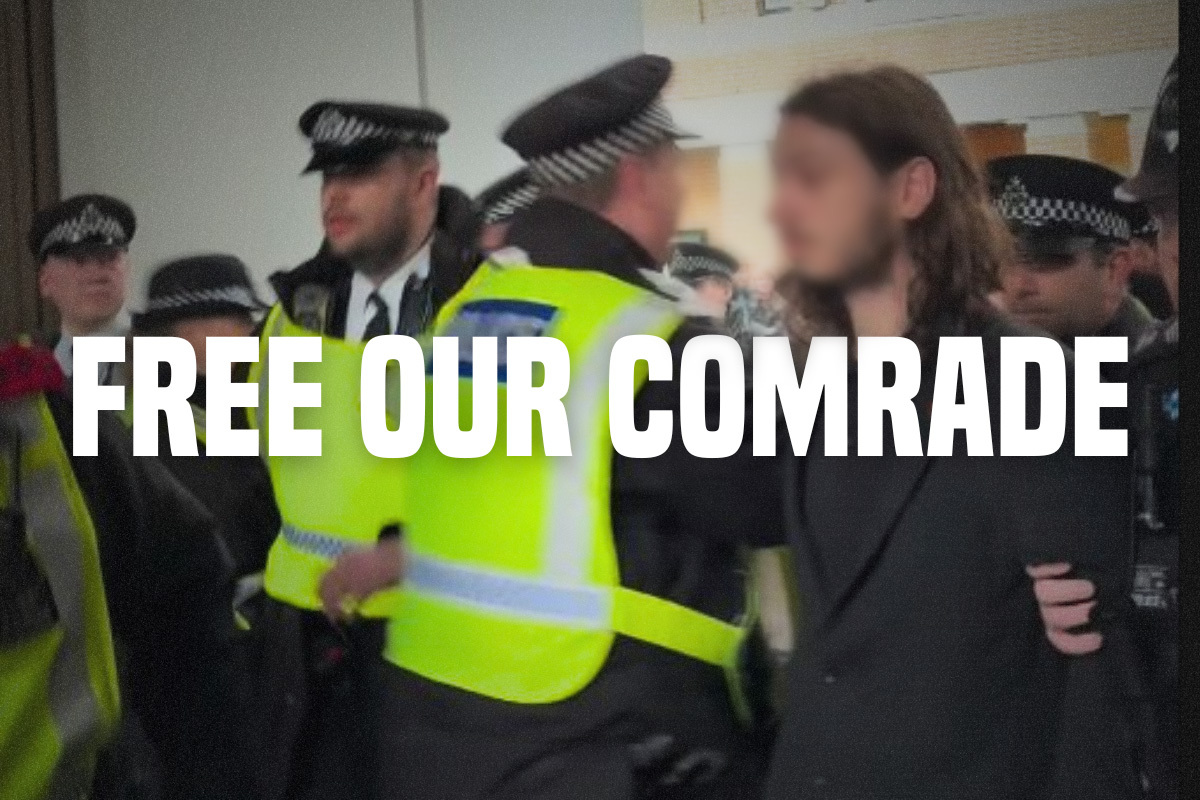‘You can take my life from me, but we’ll do it all again’Is it possible to condense a biographical account of anybody's life into a musical account not much longer than half-an-hour, not least the political life of a man such as Leon Trotsky – the first leader of the Red Army and a pivotal figure in the Russian Revolution of 1917? Catch 22 certainly give it a go and arguably a highly effective one at that, going some way to addressing a much maligned and misunderstood figure. Opening by asking the listener to ‘suspend your disbelief in revolution' (not an issue for me personally!) it asks for some much needed objectivity towards the account to follow. The next nine songs despite not exceeding four minutes in length say much more in their brief romp through their chosen year of focus than many a university professor is capable of on the subject in my opinion. With an opening Prologue and closing Epilogue in which we are addressed in first person the songs in between switch to first person, that is it assumes the standpoint of Trotsky himself. The only slight criticism of the album that I have would be that of all the years represented by each track 1905 is not one of them, given that it was then that the first Soviet, i.e. Workers' Council, was forged in the Russian workers' struggle in St Petersburg, then the capital of the Russian Empire. This Soviet mounted a direct challenge to the oppressive Tsarist regime and although they were not able to see the struggle through to the end, this steeled Russian workers for the future struggles that lay ahead. Still, the rest of the album more than makes up for this omission. Anyone who has read any Trotsky (and if you haven't I would highly recommend it!), especially My Life, will be familiar with the emotional rollercoaster that Catch 22 construct in this clever concept piece. And like Trotsky himself, despite it's dark moments – the death of his mentor and friend, Lenin (‘On the Black Sea – 1924)') and the realisation of the dangers to the revolution personified by Stalin (Alma Ata – 1928), it is an album bursting with hope for the future of humanity. However, this is not a hope based on some metaphysical dogma or some distant dream. The hope for Socialism does not flow from an abstract ideal but from real living premises, which is something that Catch 22 I think, manage to get across. Their account of the final year of Trotsky's life (Opportunity – 1940) is probably the most hope-filled track of all. Despite losing everything (‘except the things that matter most'), Trotsky tells us that ‘…everything we believed is more true now that ever before and if the truth be known we'd do it all again'. Indeed, in the face of the degeneration and deformation of Socialism under Stalin, its collapse and the continuing horrors unleashed upon the world by Capitalism, Trotsky's legacy was to provide us with ideas, which act not just as a hope but also as a compass for humanity. I just realised that I have not said anything about the music! The album uses ska, punk rock and Latin flavours to get the point across. I would say that it is easier on the ear than this may suggest, but I will have to let you be the judge of that! For more information on the album and the band see their website at : http://www.njcatch22.com/news.php |






